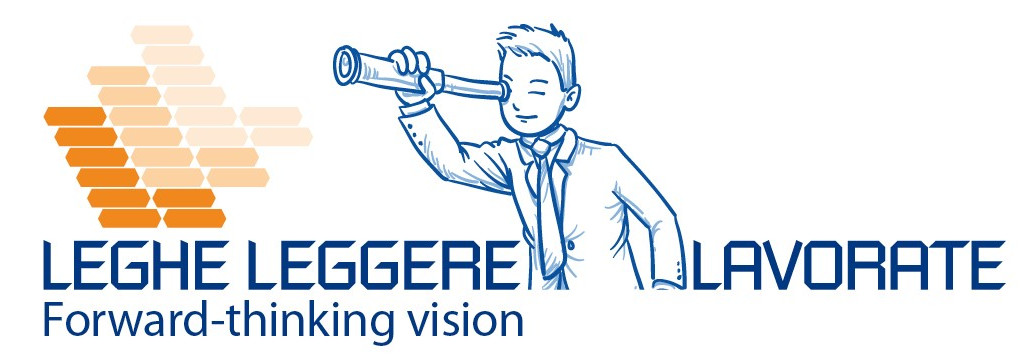What is PLLA?
PLLA (polylactic acid) is a biodegradable and biocompatible material which is commonly used in maxillofacial surgery for the reconstruction of bones and soft tissues.
In particular, PLLA in maxillofacial surgery is used for the creation of customized cranial prostheses both by modeling the part and, in some cases, by making the prosthesis through 3D printing starting from a scan of the patient’s skull.
These prostheses can be used to replace missing parts of the skull or to repair bone fractures.
PLLA is also used for creating supports for dental implants and for guided bone regeneration, which is a useful technique to stimulate new bone growth in damaged or missing areas.
Which are the advantages of PLLA maxillofacial surgery?
The use of PLLA in maxillofacial surgery has many advantages, including biocompatibility and biodegradability. However, there are also some limitations to consider, such as the limited mechanical strength of the material.
In general, the use of PLLA in maxillofacial surgery is considered a safe and effective technique,but requires careful evaluation of the case by the surgeon and adequate preoperative planning.
How are PLLA prostheses made?
As previously mentioned, PLLA prostheses are made both with the use of 3D printers (customized prostheses) and through the injection moulding process.
Our company is one of the few in the world to use the PLLA printing and injection technique for the production of prostheses.
Printing takes place in an ISO7 grey room so as to guarantee the cleanliness standards that medical products must guarantee.
The particular products are, immediately after moulding, vacuum packed so as to guarantee that they are not subjected to contamination from the outside.

